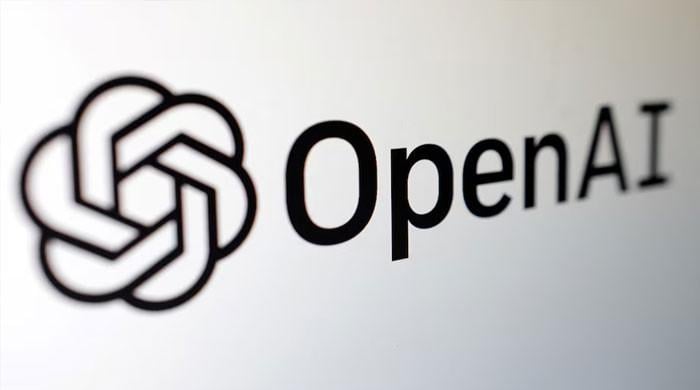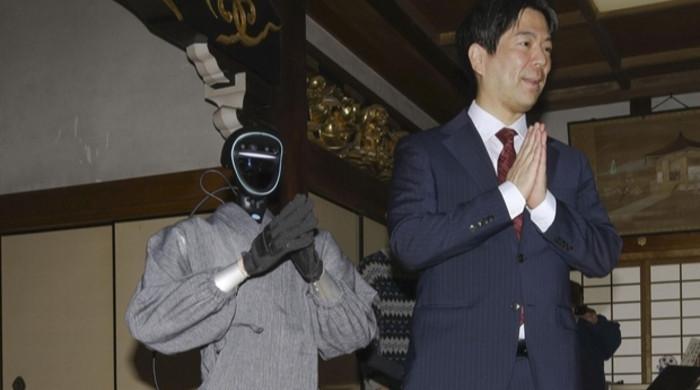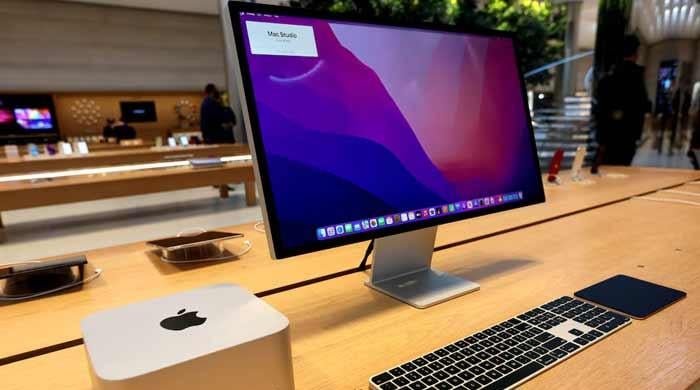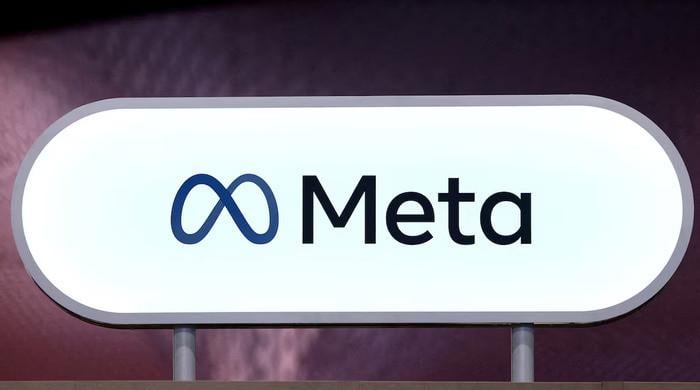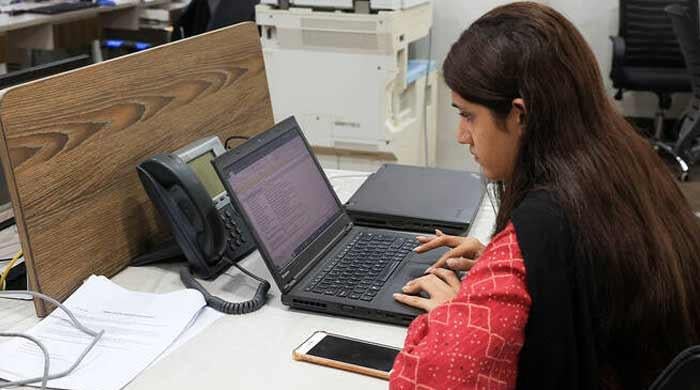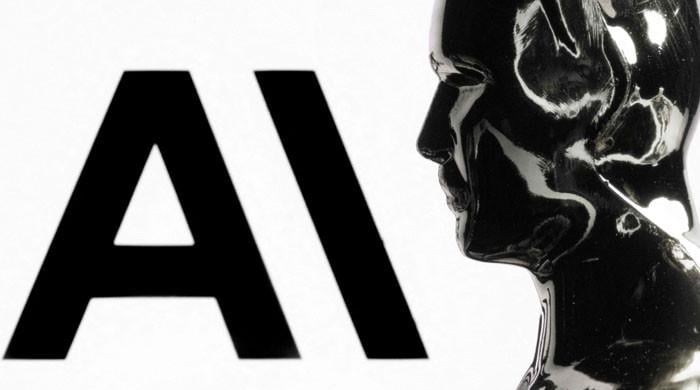What makes Meta scientist Yann LeCun so sure AI is absolutely safe?
"Will AI take over the world? No, this is a projection of human nature on machines," says Meta scientist Yann LeCun
June 15, 2023
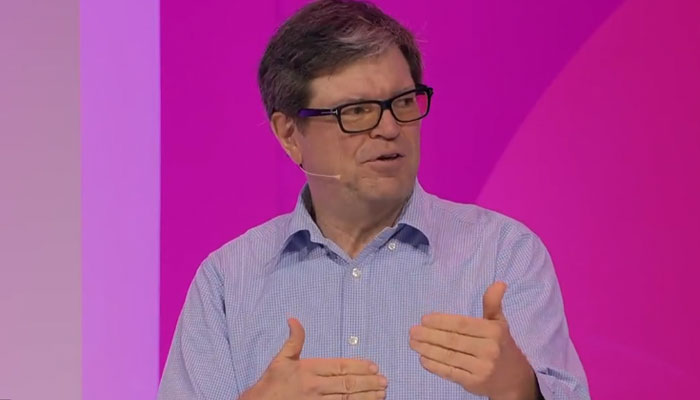
Professor Yann LeCun, one of the three award-winning pioneers of artificial intelligence (AI), believes that concerns that this tech may take over the world and wipe out employment and replace humans are "ridiculous", saying "it would not have been built if it was not safe."
Professor LeCun said: "Computers would become more intelligent than humans but that was many years away and if you realise it's not safe you just don't built it."
Recently, a UK government official said some AI might need to be banned.
Professor LeCun won the Turing Award with Geoffrey Hinton and Yoshua Bengio for their breakthroughs in AI and all three became known as "the godfathers of AI" in 2018.
"Will AI take over the world? No, this is a projection of human nature on machines" LeCun said, who is working as chief AI scientist at Meta.
"It would be a huge mistake to keep AI research under lock and key," he added while arguing that "people who worried that AI might pose a risk to humans did so because they couldn't imagine how it could be made safe."
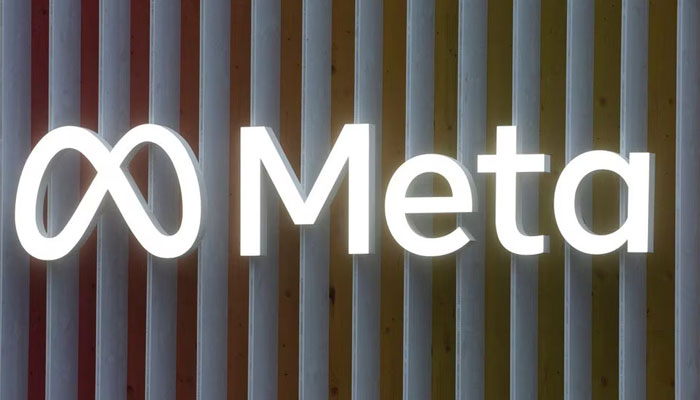
"It's as if you asked in 1930 to someone how are you going to make a turbo-jet safe. Turbo-jets were not invented yet in 1930, same as human-level AI has not been invented yet."
"Turbo jets were eventually made incredibly reliable and safe, and the same would happen with AI,” he said.
He said: “There was no question that AI would surpass human intelligence. But researchers were still missing essential concepts to reach that level, which would take years if not decades to arrive.”
When people express their worries about technology which may take over humans, they refer to artificial general intelligence (AGI) — human-like systems capable of solving a wide range of problems.
“There was a fear that when AGI existed scientists get to turn on a super-intelligent system that is going to take over the world within minutes. That's you know just preposterously ridiculous," he remarked.
Prof LeCun also told BBC that there would be progressive advances — perhaps you might get an AI as powerful as the brain of a rat. That wasn't going take over the world, it's still going to run on a data centre somewhere with an off switch".
"And if you realise it's not safe you just don't built it.”
AI effects on jobs
LeCun said: "This is not going to put a lot of people out of work permanently". But work would change because we have "no idea" what the most prominent jobs will be 20 years from now.”
“Intelligent computers would create a new renaissance for humanity the way the internet or the printing press did,” he noted.
LeCun was talking Tuesday ahead of a vote on Europe's AI Act.
He said from his conversations with AI start-ups in Europe "they don't like it at all, they think it's too broad, maybe too restrictive". But he said he wasn't an expert on the legislation.
He stated that he was not against regulation — but in his view, each application would need its own rules, for example, different rules would govern AI systems in cars and those scanning medical images.





